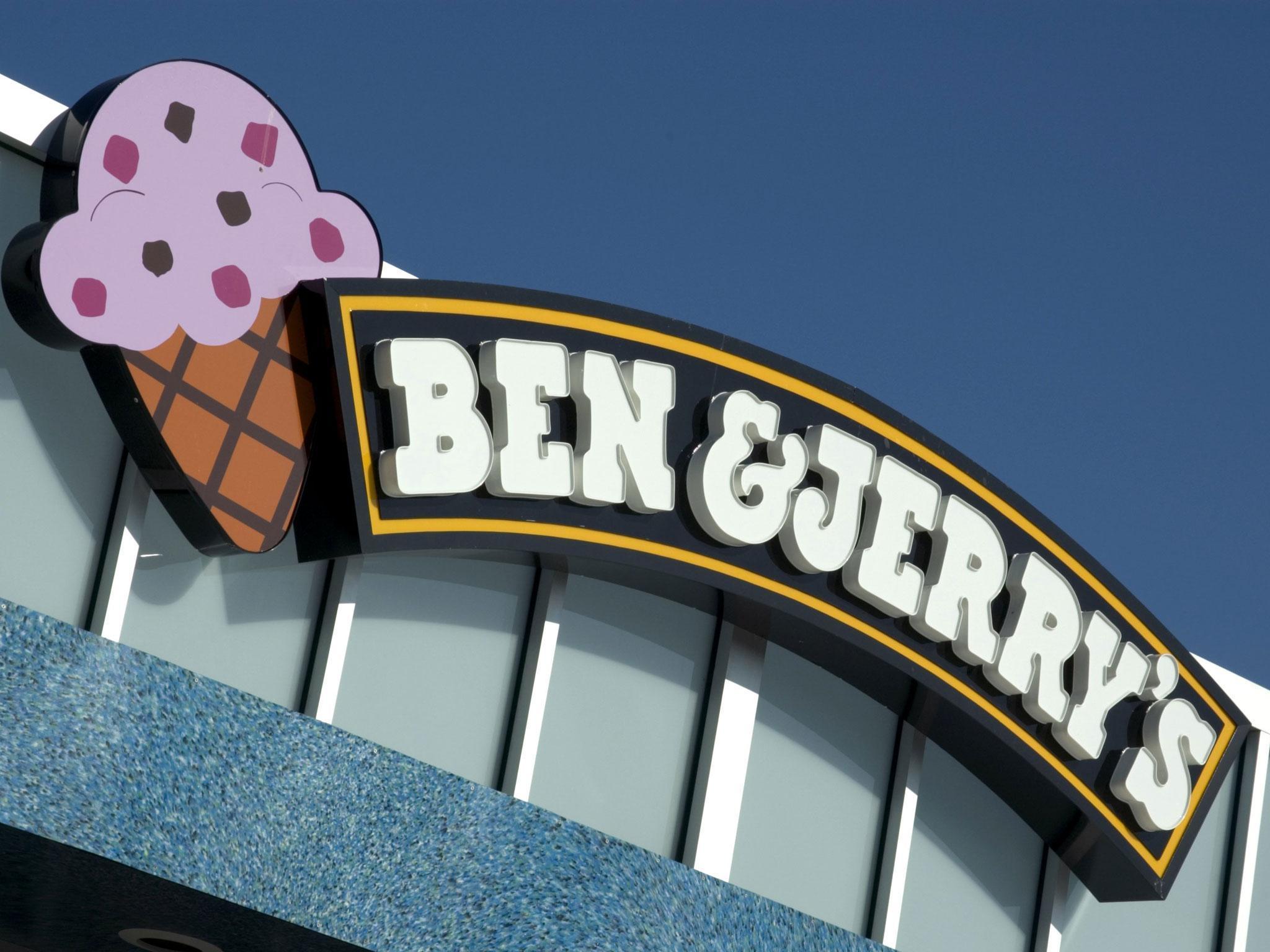Unilever: No longer a representative of a better sort of capitalism?
The company has just delivered an impressive set of results, but developments within the company indicate that it might just be joining the race to the bottom that suitor Kraft is already engaged in

Unilever bosses could be forgiven for blowing a very large raspberry in the direction of Kraft Foods after today.
The maker of Dove soap and Ben & Jerry's ice cream issued a sparkling first quarter trading statement showing a 6.1 per cent rise in turnover, and a 2.9 per cent increase in underlying sales. It has also hiked its divided by 12 per cent.
Well huzzah! Surely that justifies its fierce determination to go it alone, and the resolve shown when bosses sent America's Kraft Foods back across the Atlantic with its tail between its legs. No Cadbury’s 2.0 for you bud.
To secure its victory, however, the company felt it had to come up with something to keep the City sweet, despite surveys showing a decent amount of support from the better type of long term investor.
A review was set up and the results included a promise to accelerate something called Connected 4 Growth (silly name), with a pledge to turbo charge margins, a plan to de-merge the group's the spreads business (it makes Flora margarube among other things) and a commitment to fire up the company.
Understandably its staff, which it has had a reputation for treating better than many employers, have been made rather nervous in the wake of all this.
When executives start touting programmes with silly names to their investors, cost cuts and job cuts aren’t usually far behind.
Unilever’s reputation as a representative of the better sort of capitalism hasn't always been quite as good as it looks but even the good things that are there might not last very much longer.
Want evidence? Let's first look at the thorny subject of executive pay. CEO Paul Polman's take home fell in 2016, and by 20 per cent.
But corporate governance watchdog Pirc said that “the ratio of CEO to average employee pay has been estimated and is found highly unacceptable at 139:1". Just a little bit.
Pirc thinks investors should abstain on the remuneration report, but vote against the company's revised pay policy (the more important of the two votes).
The reason? Unilever operates three incentive plans, making the structure of bosses pay awards unnecessarily complicated, its matching share plan “basically rewards executives twice for the same performance” and the maximum variable pay for Mr Polman is frankly absurd at 780 per cent.
As for life on shopfloor, the GMB union is deeply unhappy about the disposal of the spreads business and its national officer Eamon O’Hearn says workers “are coming under increasing pressure to drive costs down even further”. Unfortunately, he says: “Our members are clear that the low hanging fruit has already been picked.
“There are real concerns that day-to-day management is too far from the top table to heed the words of sustainability and it will be GMB's job, with our sister unions, to protect our members where they work.”
So often held up as an exemplar of what capitalism could be, and should be if the instabilities that are being created around the world by a failing system are to be addressed, Unilever is starting to look like it has jumped into the race for the bottom that so many company’s rivals (like Kraft) have engaged in.
Staff under pressure, bosses paid ridiculous amounts of money for skewering them, and a focus on the dividend above all.
These results really aren’t anything to be celebrating.
Join our commenting forum
Join thought-provoking conversations, follow other Independent readers and see their replies
Comments
Bookmark popover
Removed from bookmarks